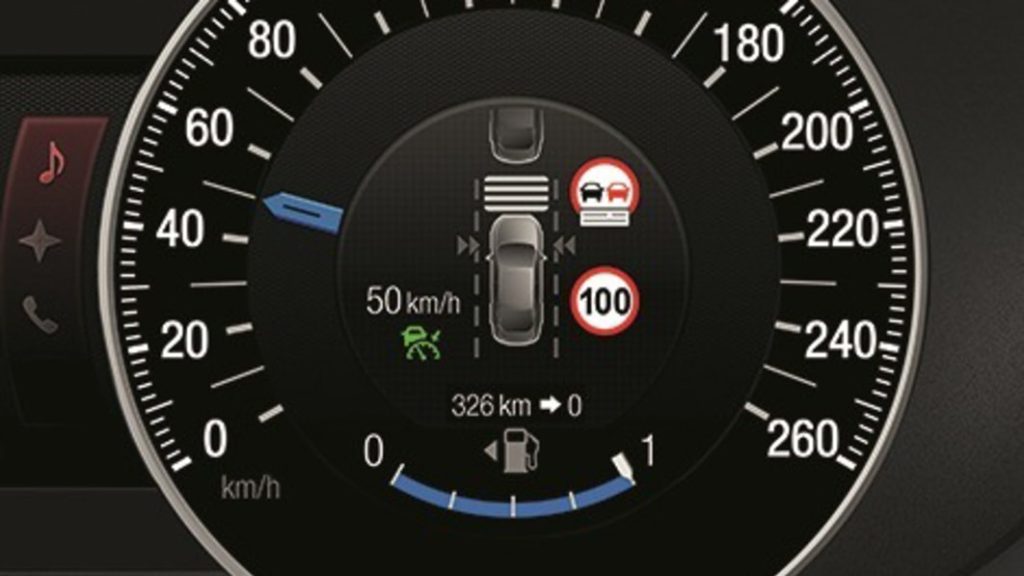NY State Senate bill would require speed limiting tech in new cars

There’s no debate that vehicles of all kinds are getting larger. Park a new Ford Ranger next to an older Ford F-150, and you’ll see that today’s midsize truck is strikingly close in size to the full-size trucks of three decades ago. With that in mind, the New York State Senate just introduced a bill that aims to improve safety around massive trucks and SUVs.
Manhattan State Senator Brad Hoylman introduced the bill, which includes language requiring the NY DMV to dictate specific rules for vehicles over 3,000 pounds. One new regulation would be that the drivers of such cars have “direct visibility of pedestrians, cyclists, and other vulnerable road users from the driver’s position.” It’s not clear exactly what enforcing that legislation would entail.
However, the meat of Hoylman’s bill centers on advanced safety technology. A summary of the legislation states, “Studies have shown that Intelligent Speed Assistance (ISA) alone can reduce traffic fatalities by 20%. This, in addition to Advanced Emergency Braking (AEB), Emergency Lane Keeping Systems (ELKS), drowsiness and distraction recognition technology, and rear-view cameras, would help prevent crashes from occurring in the first place.”
If you’ve never heard of ISA, you’re not alone. The term is pretty broad in what it encompasses, including speed limit recognition and alerts, speed assist, and speed limiting. The tech is common in Europe, where automakers like Ford offer it in several models. Ford’s flavor of speed limiting allows drivers to set a maximum speed and automatically limit the vehicle to within five mph of the posted speed limit. It’s optional, however, so drivers can turn it off when desired.
If passed, the legislation would require automakers to include those advanced driver assistance systems as standard equipment in new vehicles from 2024 on. It’s a noble endeavor, to be sure, but it’s not guaranteed to fly. The federal government oversees vehicle safety regulations, so New York may not have ground to enforce the law if it does pass.
Related video:





